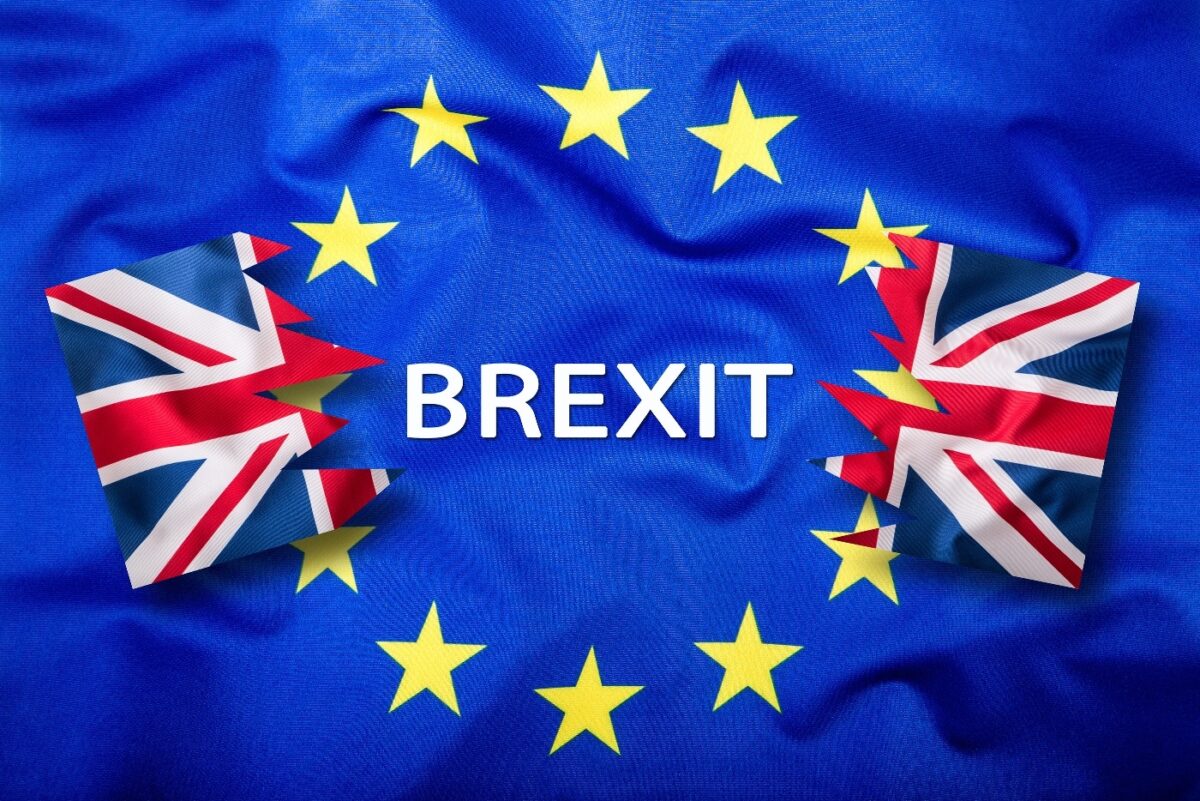Brexit: The Bank Of England View

What do any financial market movements after the vote mean?
The economy will need to adjust to whatever new trading relationships are put in place in the future. These decisions will influence the UK’s long-term economic prospects. Financial markets can be expected to adjust in anticipation of these changes.
The Bank of England cannot (and should not) stand in the way of these necessary adjustments. But we will work to ensure the financial system can function effectively as they take place, so that any effect on jobs and growth is not magnified.
Can I still convert my pounds to euros?
Yes, nothing has changed in this respect. The pound and the euro are freely convertible currencies and there is no prospect whatsoever of this changing. Banks, building societies and foreign exchange bureaux will continue to offer to exchange your money.
Can I still take money out of cash machines in Europe?
Yes, nothing has changed in this respect.
Will I be able to open a bank account in a European country?
Nothing has changed in this respect. In general, individual banks decide who can open an account with them, wherever they are located.
Do European regulations still apply to the UK?
Yes. The referendum result does not end the UK’s membership of the European Union. The Treaty on European Union sets out the process allowing a member state to voluntarily withdraw from the EU. This will take at least two years. The detailed arrangements that will apply after our departure from the EU will be subject to negotiation between the UK Government and other member states.
Are Britain’s banks safe?
Britain’s major banks are resilient. As their supervisor, the Bank of England has systematically and consistently strengthened UK banks’ balance sheets in the last seven years. As a result, major UK banks have raised over £130bn more capital, and have more than £600bn of cash and liquid assets in reserve. We have tested them against severe stress scenarios that are far more demanding than that which the country currently faces. Banks are able to continue to lend to businesses and households, even in challenging circumstances.
Is my money safe?
The first protection is the strong balance sheets of British banks and building societies. In addition, the Financial Services Compensation Scheme (FSCS) guarantees that the first £75,000 you have deposited in any UK bank or building society is protected, and this will continue to be the case.
Is my account in a European bank also safe?
Nothing has changed in this respect. Deposits in branches of European banks located in the UK are still guaranteed by the deposit guarantee scheme in the bank’s home country.
Deposits in UK banks that are owned by European (or other country) parent companies continue to be covered by the UK’s Financial Services Compensation Scheme.
What will happen to the economy now we’ve voted to leave?
The economy will need to adjust to whatever new trading relationships and regulations are eventually put in place. These decisions will influence the UK’s long-term economic prospects. Financial markets will adjust in anticipation of these changes.
The Bank of England cannot (and should not) stand in the way of these necessary adjustments. But we will work to ensure the financial system can function effectively as they take place, so that their effect on prices, jobs and growth is not magnified.